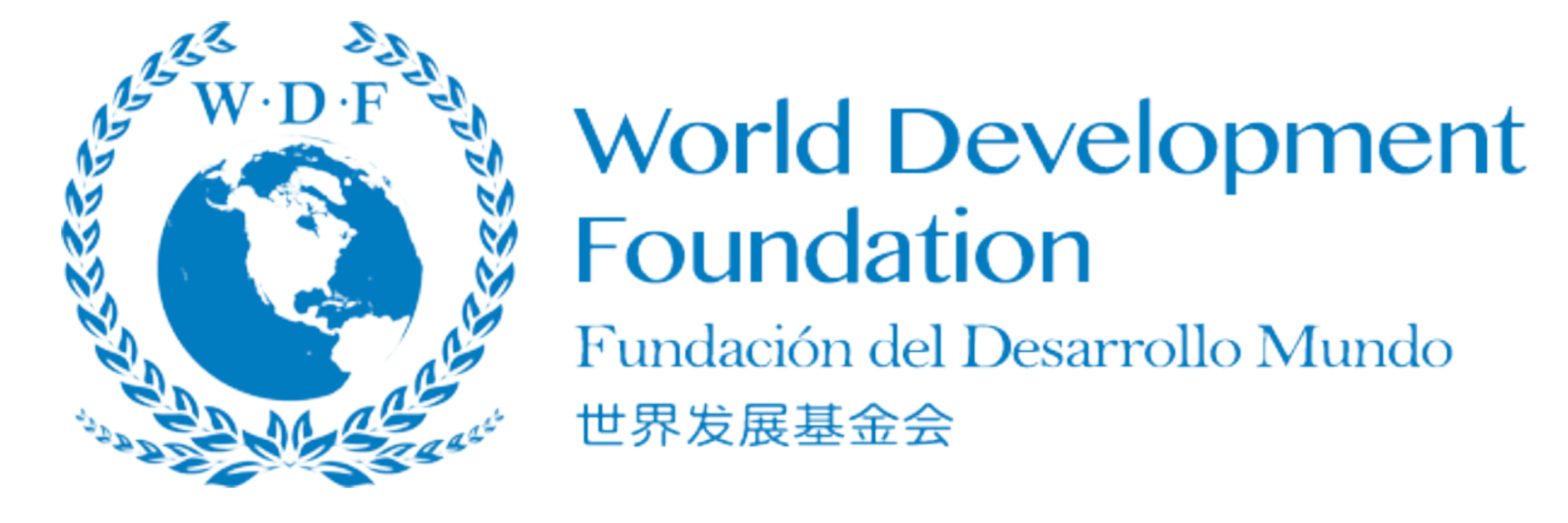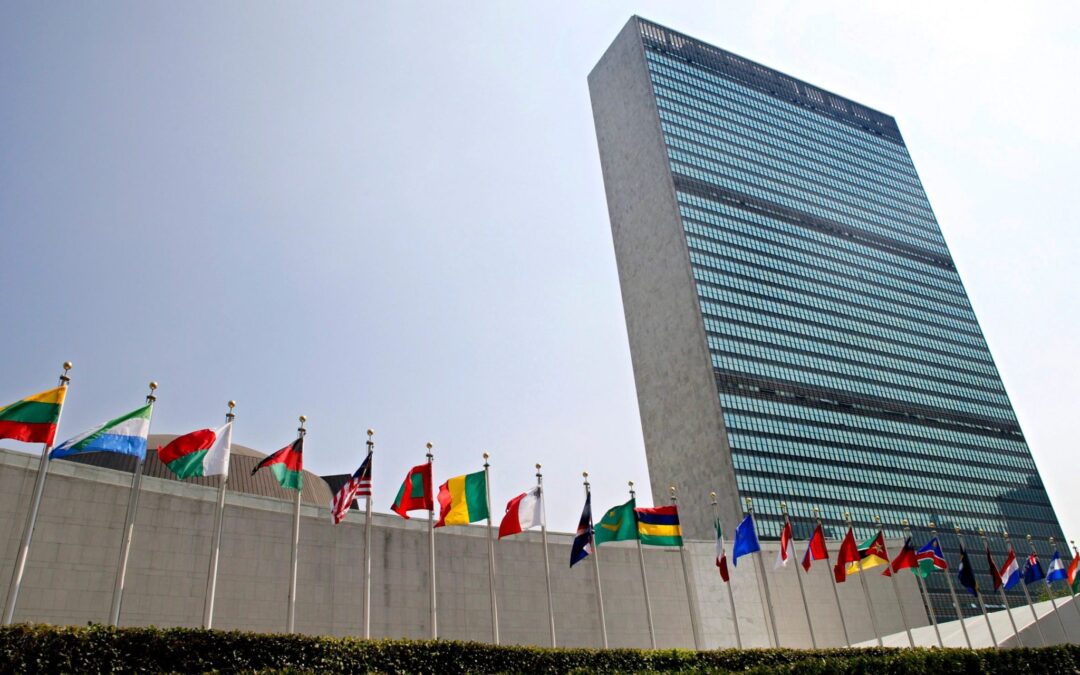New York, February 6 – Citing the inalienable right to peace under the Universal Declaration of Human Rights, U.N. Secretary-GeneralAntoniocalled for a New Agenda for Peace through multilateral diplomacy to end conflicts, from the Russia-led Ukraine war and the Israeli-Palestinian conflict to violence in Myanmar and Haiti
Guterres said the Universal Declaration, proclaimed in 1948, provides a “roadmap out of the dead end” marked by conflicts without any prospects for peace.
“The Russian invasion of Ukraine is inflicting untold suffering on the Ukrainian people, with profound global implications,” Guterres said in an address to the U.N. General Assembly to begin activities in the new year. “The prospects for peace keep diminishing. The chances of further escalation and bloodshed keep growing. I fear the world is now sleepwalking into a wider war. It is doing so with its eyes wide open.”
“The world needs peace. Peace in line with the United Nations Charter and international law.”
New Agenda for Peace
Guterres said the proposed plan will revitalize multilateral action for a “world in transition and a new era of geostrategic competition” and will seek to address all forms and domains of threats, old and new.
The U.N. peacekeeping operations, launched 75 years ago, are under-funded and under attacks “with no peace to keep,” the U.N. leader said, proposing a new initiative under Action for Peacekeeping.
“But the New Agenda for Peace must recognize the need for a new generation of peace enforcement missions and counter-terrorist operations, led by regional forces, with a Security Council mandate under Chapter VII, and with guaranteed, predictable funding. The African Union is an obvious partner in this regard.”
He said disarmament and arms control issues should return to the center of diplomacy to reduce strategic threats from nuclear arms and work for their ultimate elimination.
“Nuclear-armed countries must renounce the first use of these unconscionable weapons,” he said. “In fact, they must renounce any use, anytime, anywhere. The so-called ‘tactical’ use of nuclear weapons is absurd.”
“We are at the highest risk in decades of a nuclear war that could start by accident or design. We need to end the threat posed by 13,000 nuclear weapons held in arsenals around the world.”
“The New Agenda for Peace aims to maximize the convening power of the United Nations as a platform for broad-based coalitions and effective diplomacy.”
Csaba Kőrösi, president of the current 77th General Assembly session, said: the body has embarked on 16 negotiation processes aiming at “transformation” across several of the priorities identified by the U.N. leader.
“As we embark on our efforts, let us view these processes holistically, with a full understanding of how the priority areas outlined by the Secretary-General are both interconnected and interrelated,” Korosi said.
“Failing to pave the way for economic growth and sustainable development – as we know – will have a direct bearing on prospects for international peace and security. To achieve the desired transformative change, we will have to refresh our thinking on evaluation of the development, going beyond GDP. We will also need the evidence and methodology science can offer us to shape our decisions.”
Sustainable Development Goals
Guterres urged government leaders to show up at the SDG Summit in September when the 193-nation U.N. General Assembly will hold its annual meetings, pointing out that the ambitious program has not met its deadlines at halfway to 2030. The General Assembly has scheduled a Summit of the Least Developed Countries in March to boost progress ahead of the SDG Summit in September. Topping the 17 Sustainable Development Goals are eliminating poverty and hunger and providing education for all.
Guterres urged developed countries to ensure that developing economies have the liquidity to fund investments in quality education, universal healthcare and pandemic preparedness, decent work and social protection. He called on the 20 richest countries (G20) to agree to stimulus programs to support countries in the Global South.
Commission on the Status of Women, March 6-17
Government representatives and non-governmental organizations accredited to ECOSOC from all regions in the world are called to attend and contribute to the session. This year’s priority theme: Innovation and technological change, and education in the digital age for achieving gender equality and the empowerment of all women and girls. The review theme: Challenges and opportunities in achieving gender equality and the empowerment of rural women and girls (agreed conclusions of the 62nd session)
Water Summit March 22-24
The U.N. will hold a Water Summit to develop a bold Water Action Agenda that would bring a clean, healthy and sustainable environment to all.
“Action on oceans means new partnerships and tougher efforts to tackle marine- pollution, end overfishing, safeguard marine biodiversity, and more,” Guterres said.
With climate change profoundly affecting our economies, societies and environment, water is indeed the biggest deal breaker to achieve the internationally agreed water-related goals and targets, including those contained in the 2030 Agenda for Sustainable Development.
Climate Change
The U.N. will hold its climate summit (COP28) in the United Arab Emirates in December.
The U.N. leader urges focus on two urgent priorities: cutting emissions and achieving climate justice, which mean “far more ambitious action to cut carbon pollution by speeding up the shift from fossil fuels to renewable energy – especially in G20 countries — and de-carbonizing highest emitting industrial sectors – steel, cement, shipping and aviation.”
“It means delivering on the Just Energy Transitions Partnerships with South Africa, Indonesia and Viet Nam. And expanding on this cooperation through a Climate Solidarity Pact.”
The plan said all businesses, cities, regions and financial institutions that took a 2050 net zero pledge should present their transition plans with credible and ambitious targets for 2025 and 2030 — aligned with the standards set by a High-Level Expert Group.
Guterres reminded developed countries to deliver on commitments to provide $100 billion to developing countries so they can adapt to new climate-related technology and deliver on the loss and damage fund agreed at last year’s COP in Sharm El-Sheikh, Egypt.

